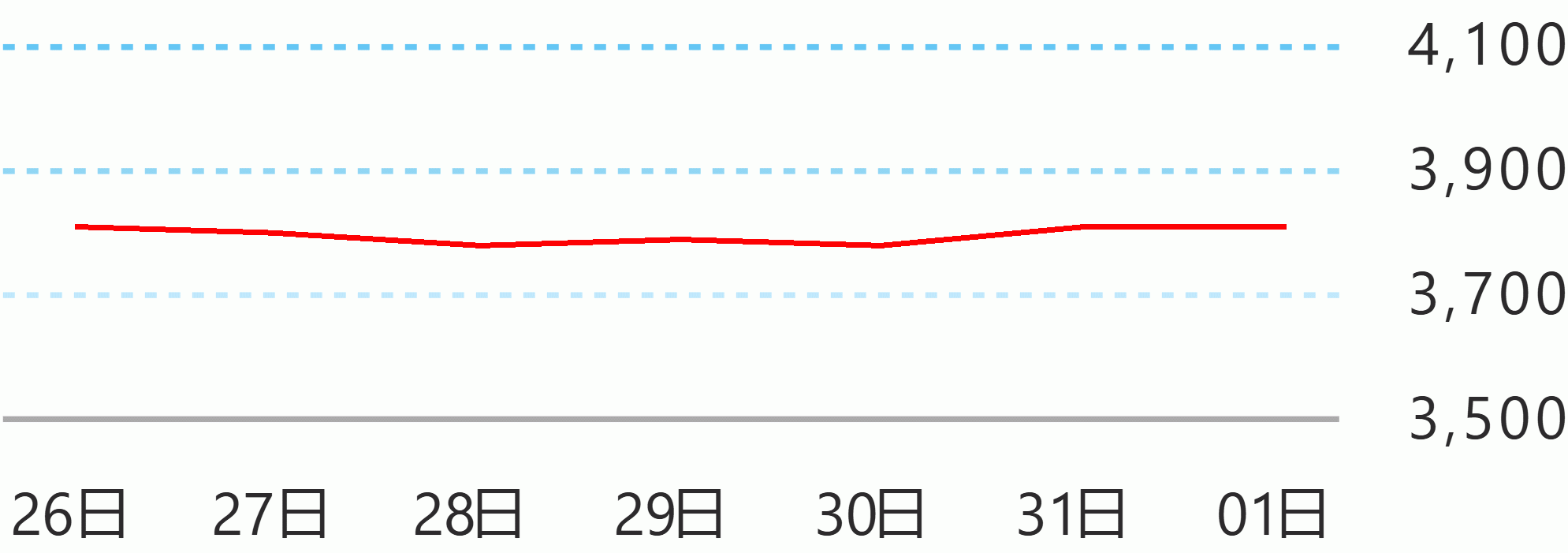The Department of Transportation (DoTr) and the Japanese Embassy in the Philippines, together with the Japan International Cooperation Agency (JICA), the Armed Forces of the Philippines, and contractor Sumitomo Mitsui Construction Co (SSMCC) on Thursday led the launching of the tunnel boring machine which marks the start of the tunnel works of contract package 103 of the Metro Manila Subway Project (MMSP).
This package covers the Anonas and Aguinaldo Stations of the subway.
In an ambush interview, Transportation Undersecretary Jeremy Regino said the 33-kilometer subway project is almost 13 percent complete and they are aiming to have partial operations by 2029 and full operations by 2031.
“By the end of the year, we're hoping to reach around almost 20 percent. So, we're targeting partial operations by the end of 2029,” Regino said.
He said the partial operations will start in the National Capital Region (NCR) particularly from Valuenzuela to Ortigas station
In his opening remarks, Brig. Gen. Armand Arevalo, the Commander of the General Headquarters and Headquarters Service Command (GHQ and HSC), said this is the third tunnel boring machine but the first that Sumitomo Mitsu will launch in the Philippines.
Economic Affairs Minister Nihei Daisuke of the Japanese Embassy of the Philippines, the launching of the tunnel boring machine showed the importance of the two countries’ partnership in achieving projects.
“The deployment of this massive TBM is a critical milestone allowing the subway construction scheme to advance significantly with minimal disturbance throughout. The Filipino people have waited for a long time for an underground railway system to connect communities, reduce traffic congestion, and create opportunities for growth and development of the Philippines,” Daisuke said.
“Today, we are one step closer to achieving this dream. The project will go down in Philippine history as a major legacy of the Philippine-Japan partnership and paving the way for future developments for many generations to come,” he said.
“The government of Japan takes great pride in supporting the Metro Manila Subway Project, and we are fully committed to our shared goal of enhancing the quality of life of the Filipino people through infrastructure,” he added.
JICA Chief Representative Takema Sakamoto thanked the DoTr, AFP, the contractors and consultants involved in the project, and said that the launching of the TBM was “another proof that the momentum of this project is unstoppable.”
“We recognize that it took a lot of hard work to reach this point, but the dream of having a subway in Metro Manila is now coming to life,” Sakamoto said.
He said that while there were several problems that needed to be addressed, including the smooth acquisition of right-of-way, timely budget appropriation and contractual payments, and close coordination among the various stakeholders, he was confident that the DOTr would be able to overcome those challenges and prepare for the subway project’s completion.
Armed Forces of the Philippines (AFP) chief Gen. Romeo Brawner, Jr. said the subway project was a “catalyst for change promising to make travel quicker, more efficient, safer, and far less stressful.” Jaspearl Tan/DMS





 English
English










